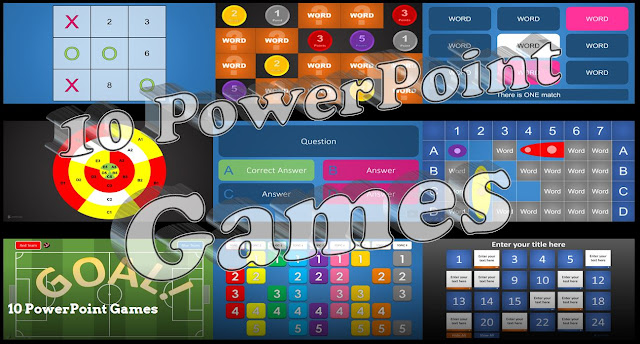This game is to help students practice or review how to ask questions with WH-words.
This game would be appropriate for any age group, really. You need to have PowerPoint on your computer, and ideally a working computer and projector in the classroom (this is often my biggest problem, actually!). You could also play this game online, if we were doing distance learning.
Rules:
You could divide the students into groups, or they can play individually. The game is based on the game "concentration" or "memory", where you turn over different cards and try to identify their pair.
Students or groups earn points by finding a pair (1 point), and then they can earn another point by asking a grammatically-correct question. If the team asks a grammatically-correct question, they have another turn. If they DON'T, the other team (or student) has the opportunity to "steal" the turn, by asking a grammatically-correct question.
For example,
1. Team 1 makes a pair (1 point) and asks a gramatically-correct question (1 point), and has another turn (tries to make another pair).
(Team 1 has 2 points, and continues with another turn.)
2. Team 1 makes a pair (1 point), and asks a gramatically-INCORRECT question. Team 2 asks a gramatically-correct question (1 point), and Team 2 has another turn.
(Team 1 has 1 point, Team 2 has 1 point, and Team 2 continues with the next turn.)
3. Team 1 makes a pair (1 point), and asks a gramatically-INCORRECT question. Team 2 asks a gramatically-INCORRECT question (no point). Team 1 (who found the pair) has another turn.
(Team 1 has 1 point. Team 2 has no points. Team 1 continues with the next turn).
I hope that makes sense! Of course, you can make up whatever rules you want to--whatever makes sense to you.
I specify what type of question I want the students to ask: Present Simple, Present Continuous.... etc.
The template (plantilla) can be used for any game you can think of--just change the text under the cards!
Example of the template:
By Jessica Church












